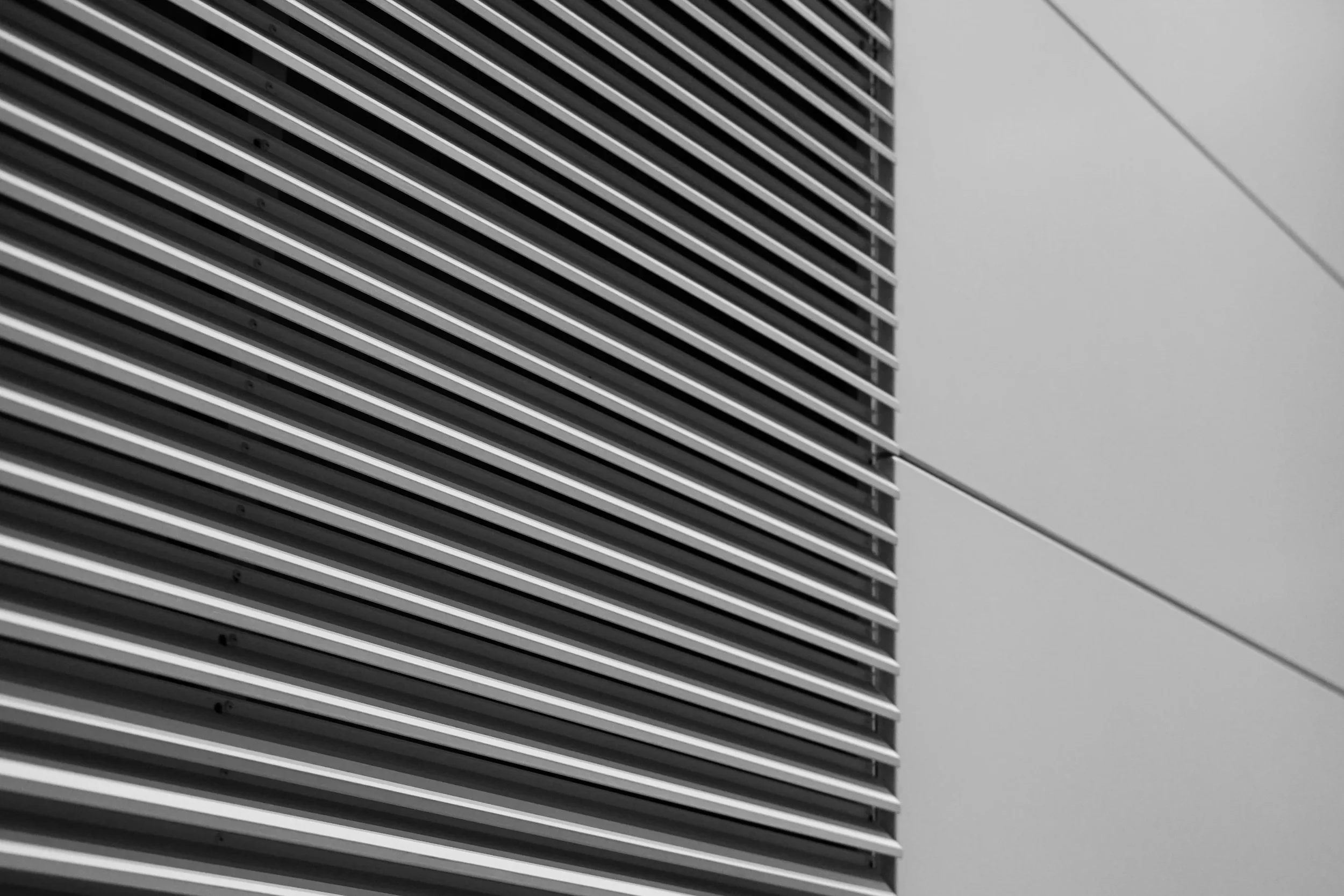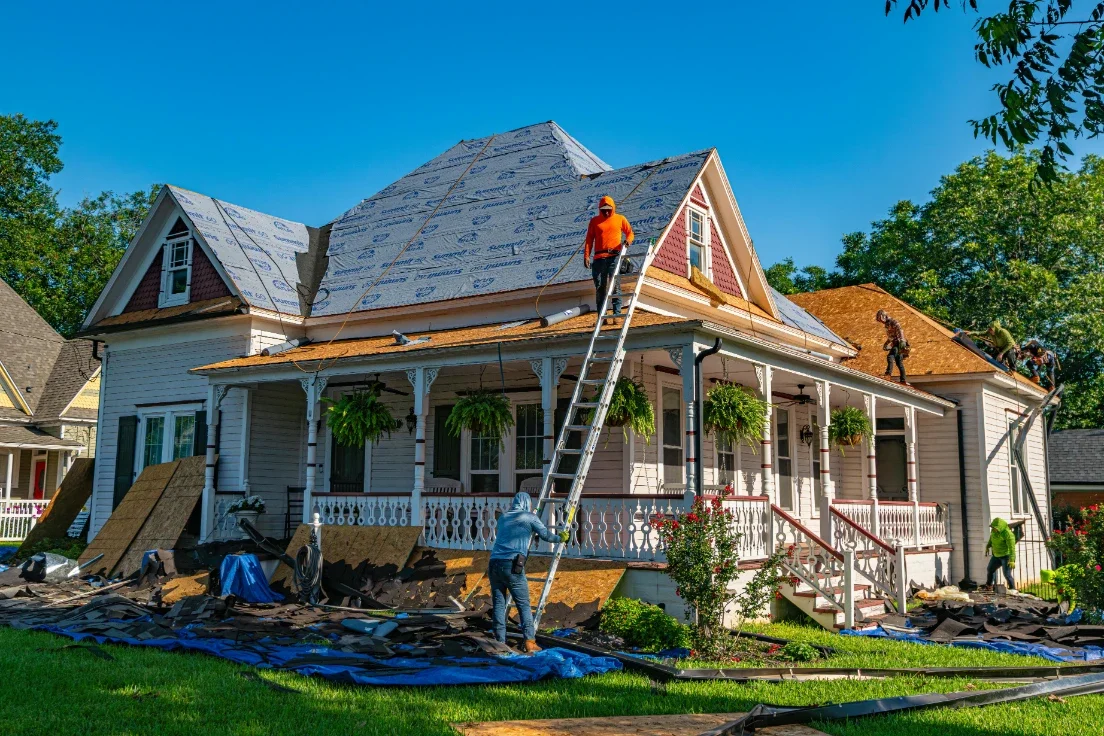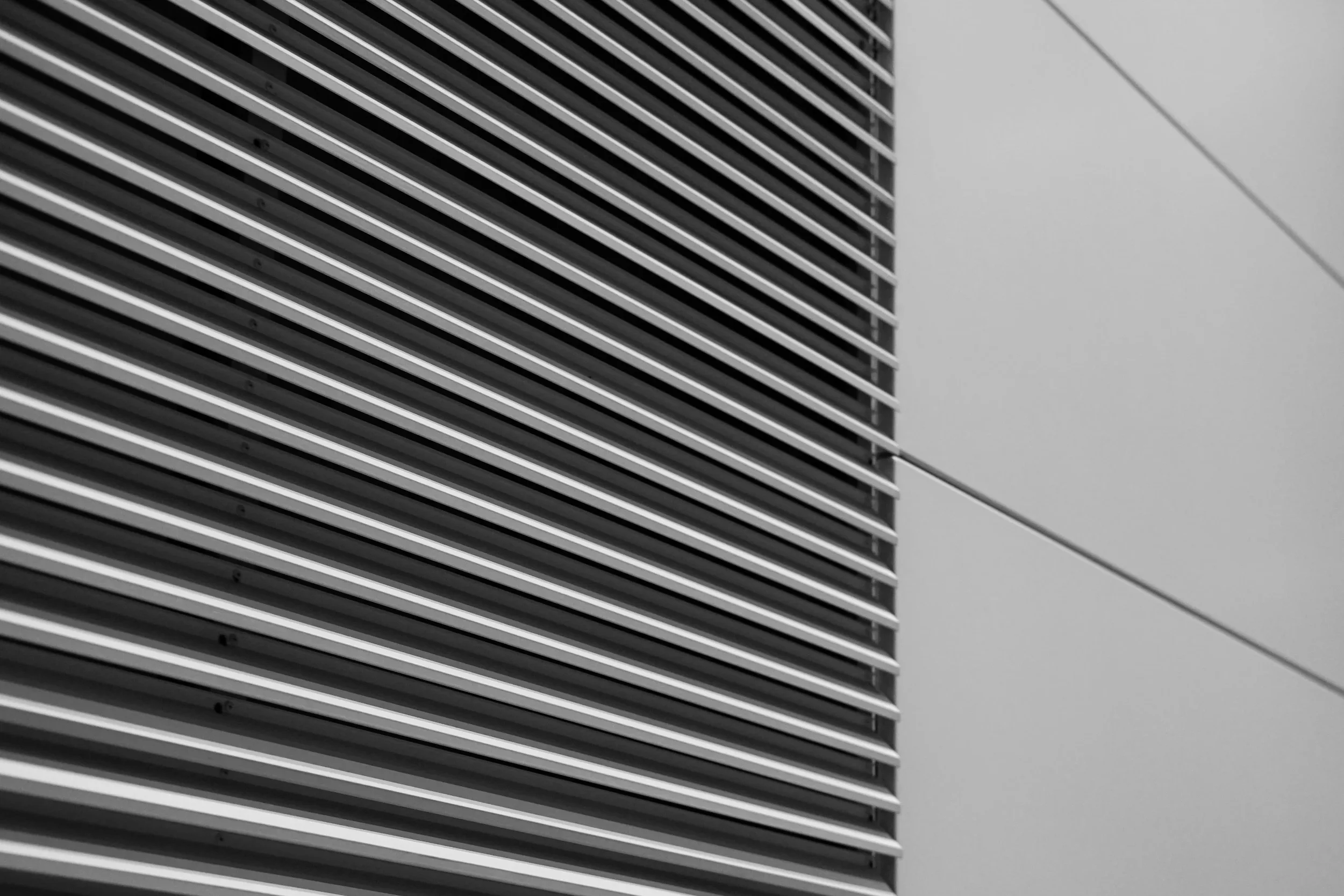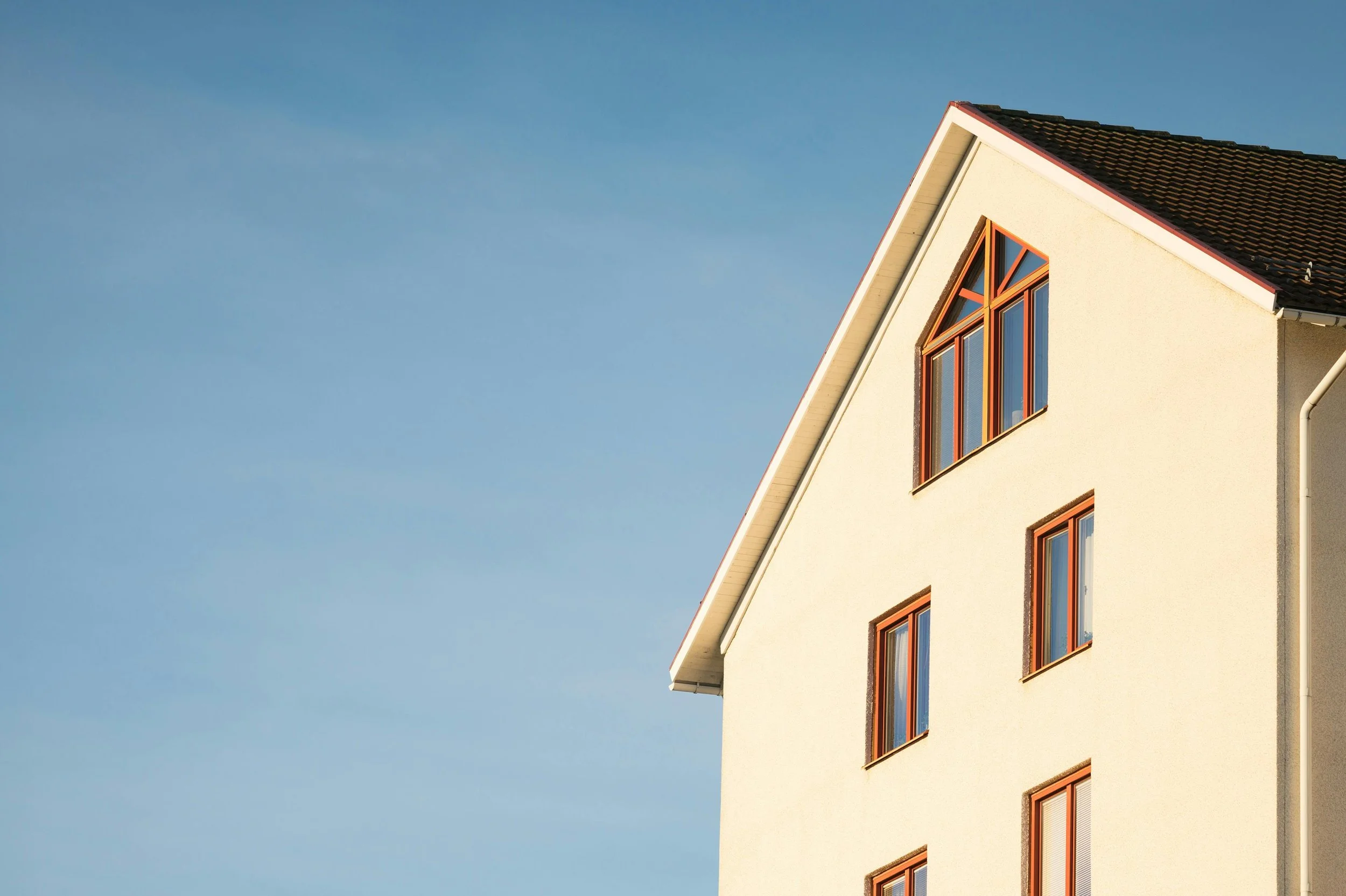The Home Fix Most People Delay Until It’s Too Late
Learn which crucial home fix homeowners often delay and why addressing it early can save you from costly repairs and long-term structural damage.
Ever hear a strange noise in your house and just…ignore it? Maybe it’s a click, a groan, or a low hum that starts when the temperature drops. You shrug it off. The heat’s still running, right? So it can’t be that serious. But a few days or weeks later, your house is freezing, the thermostat is stubborn, and now you're wrapped in a blanket wondering what just happened.
This is how it usually starts. The problem isn’t dramatic at first. It creeps in. But like most home issues, what begins as a minor inconvenience can become a full-blown crisis if left alone too long.
And when it comes to keeping your house warm, the stakes are higher than they used to be. In places like Santa Clara, where winters aren’t extreme but still sharp enough to matter, indoor comfort is non-negotiable. With energy prices fluctuating, aging infrastructure, and more people spending time at home, HVAC systems are under heavier use. That hum you heard last month? It might have been your system asking for help.
In this blog, we will share why heating issues are the most commonly delayed home fix, how to recognize the signs early, and what you should know before calling in professional help—especially when you need it most.
The Cost of Waiting
No one enjoys dealing with HVAC issues, so heating problems often get ignored as long as the system still works—sort of. But that’s exactly how bigger trouble starts. Small warning signs like odd noises, slow warming, or rising energy bills don’t feel urgent until it’s too late. And if you wait until the first cold snap, you’ll be stuck behind everyone else who delayed the call.
The smarter move? Call a reliable company that specializes in furnace repair in Santa Clara before the system fails completely. Early-season checkups are less expensive, easier to schedule, and can help you avoid the higher costs that come with emergency repairs.
Good technicians will test airflow, check burners and filters, and make sure carbon monoxide levels are safe. These aren’t just “nice to have” extras. They’re essential. A malfunctioning system can quietly affect your health, not just your comfort.
The Trend Toward Reactive Living
Delaying repairs isn’t just a home habit. It reflects a bigger trend. We live in a culture that often waits until there’s a crisis before we take action. That’s true in health, finance, and yes—home maintenance.
Part of this is how we manage time. Everyone is stretched thin. If a furnace is working “well enough,” it gets pushed behind school pickups, remote meetings, and grocery runs. The irony is that when the system does break, it demands far more time and money than if you’d just handled it earlier.
Another reason is that HVAC systems aren’t exactly visible. You see your kitchen every day. You walk past your washer and dryer. But your heating unit? It’s tucked away in a closet or garage. Out of sight, out of mind. Until it stops working and suddenly it’s the only thing on your mind.
This isn’t about blaming busy homeowners. It’s about shifting the mindset. Preventive care works. It saves money. It reduces stress. And it gives you more control over your environment—which matters more than ever in a world where everything else feels a little chaotic.
Simple Signs You Should Never Ignore
So how do you know when it’s time to act—before things get expensive?
Start with the basics. If your system takes longer than usual to heat the house, that’s a sign. If it runs constantly or cycles on and off too frequently, that’s a red flag. A burning smell or unusual noises—grinding, squealing, or banging—should never be brushed off.
Even something subtle like dry air or increased dust can point to HVAC issues. Poorly functioning systems affect indoor air quality. That’s especially important if anyone in your home has asthma, allergies, or other sensitivities.
And if your energy bills are creeping higher without any real change in usage, it could be a sign your system is losing efficiency.
The key is not to wait until the unit fails. By the time the air stops blowing or the heat is gone entirely, the damage is usually worse—and so is the bill.
Why Professional Help Matters
DIY can be tempting. There are plenty of videos and forums that make heating repairs look simple. And sure, changing a filter or checking the thermostat is manageable. But real repairs are another story.
Modern heating systems are complex. They involve gas lines, electrical components, and delicate sensors. A wrong move can make things worse—or even dangerous. That’s why finding a qualified technician is so important.
A good repair specialist will not only fix the problem but explain what caused it. They’ll offer options, not just push replacements. And most importantly, they’ll help extend the life of your system, rather than shortening it with quick fixes.
Make sure the company you choose is licensed, insured, and familiar with your specific system model. Read reviews. Ask for references. And never accept vague pricing. Clear quotes and honest assessments are a baseline—not a bonus.
What the Delay Really Costs
The most obvious cost of waiting is money. Emergency calls are more expensive. Parts take longer to source when demand is high. And a small fix that might’ve cost a few hundred dollars could snowball into a full replacement.
But the less obvious cost is comfort. Cold homes affect mood, sleep, and health. They make daily life harder. And in homes with children or elderly residents, they can quickly become unsafe.
There’s also the emotional cost. The stress of dealing with a surprise breakdown—on a weekend, during a holiday, or just after hours—adds pressure nobody needs. Planning ahead removes that panic and gives you back a sense of control.
A Small Shift with Big Results
Most homeowners don’t need a full system overhaul. They just need to listen to their house a little more closely. Pay attention to small changes. Trust your instincts. And when something feels off, act on it sooner rather than later.
A single service call in early fall can make a world of difference. It’s not just about preventing a breakdown. It’s about investing in comfort, safety, and peace of mind.
We all have a tendency to put off inconvenient tasks. But when it comes to the system that keeps your home warm, waiting too long is a risk that rarely pays off. Handle it while it’s small, and it stays small.
Because once the heat’s gone, all the excuses in the world won’t make your house feel any warmer.







